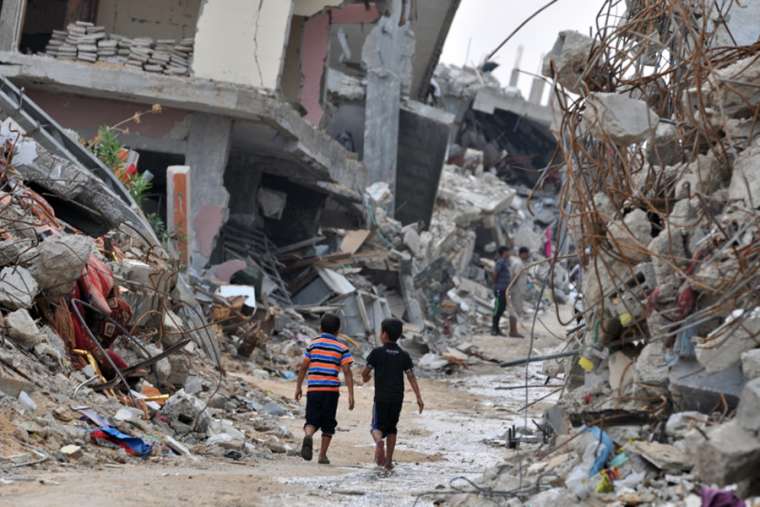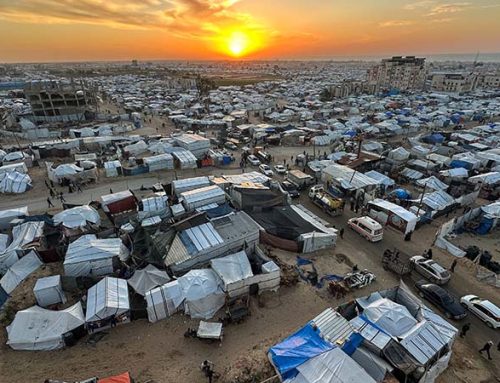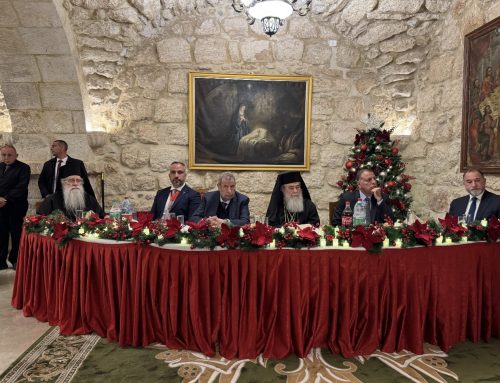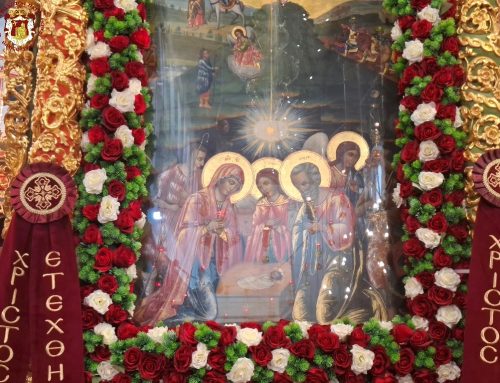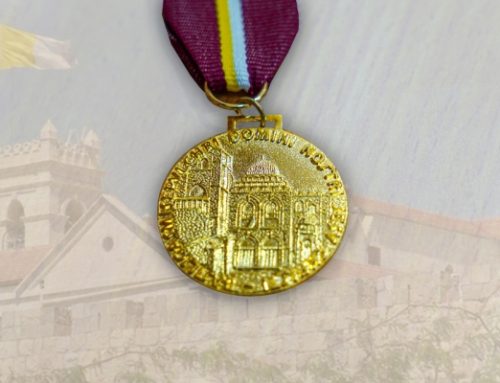GAZA CITY – In the past six years the number of Christians in the Gaza Strip has plummeted from 4,500 to just 1,000, due to the harsh conditions under which they are living, according to the pastor of the territory’s sole Catholic church.
Gazans “live like it’s an open air prison since we can’t leave. We can’t visit relatives, look for work, medicine or good hospitals on the outside,” Father Mario da Silva told ACI Prensa.
The Gaza Strip is a 141 square mile area, part of Palestine, located to the west of Israel and home to 1.8 million persons. Since 2007, it has been ruled by the Islamist movement Hamas.
Since Hamas came to power there, Israel and Egypt have conducted an economic blockade of the Gaza Strip, restricting the flow of persons and goods in an effort to limit rocket attacks on Israel launched from the territory.
Da Silva, a priest of the Institute of the Incarnate Word, recalled that when he arrived in Gaza in 2012 “the situation was already very difficult. Over time, you would hope the situation would get better, but it’s only gotten worse.”
He related that inhabitants have only three hours of electricity a day, and there is a shortage of drinking water.
Most Gazans are unemployed, he said, and those who do work live on “about $150-200 a month.”
“It’s really a prison. People don’t have any money and the situation is terrible. There is widespread poverty.”
The harsh conditions imposed on Gaza has led to the exodus of Palestinian Christians.
“Every year Christians have one permit to leave and visit the holy places on Easter and Christmas,” and many of them never return, explained da Silva.
In order to stem the tide, the priest’s Holy Family parish is working with 12 religious sisters, of the Servants of the Lord and the Virgin of Matará, the Missionaries of Charity, and the Sisters of the Rosary congregations.
“We’re doing two things: first, preaching Christ and the importance of Christians in the Holy Land; preaching the importance of forgiveness and of carrying the cross is what we most try to do.”
María Ximena Rondón
Source: CATHOLIC NEWS AGENCY

